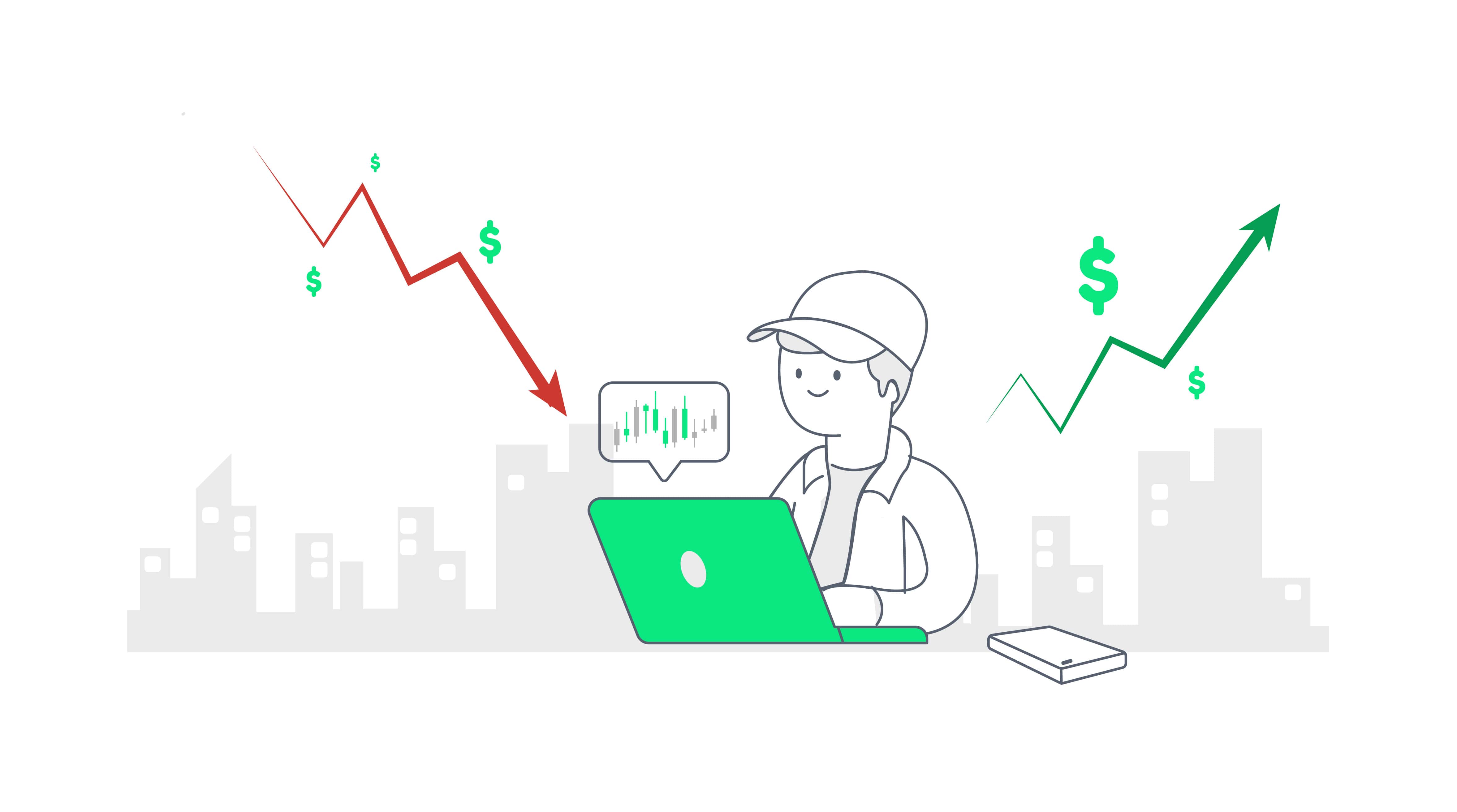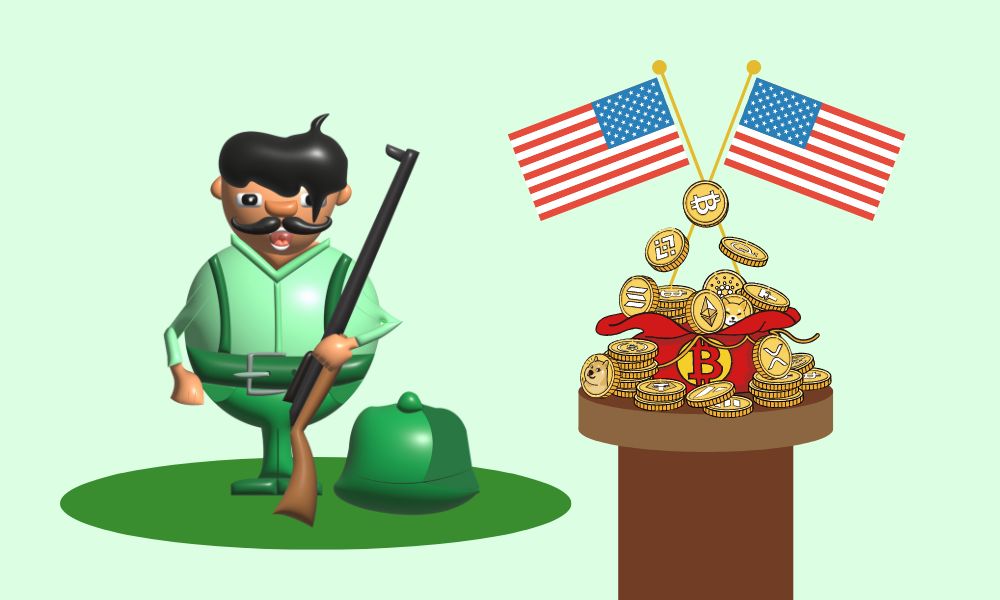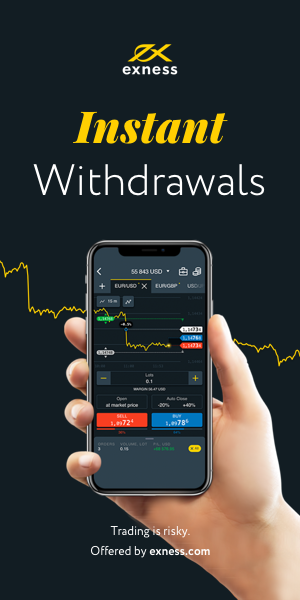El Salvador Bets on Bitcoin Mania- PipsHunt
Is bitcoin buzz all it takes to stir the animal spirits of hipster investors? Or does a project with the name of the cryptocurrency attached to it also have to make financial and economic sense?
El Salvador’s “volcano bond” may one day provide the answer—if it ever comes to market.
Last fall President Nayib Bukele and his team of cryptocurrency experts announced that El Salvador would soon offer a 10-year, $1 billion bitcoin-linked bonds.
According to the pitch, half the proceeds would be used to build the infrastructure of “Bitcoin City,” powered by low-cost geothermal electricity that could be used to mine bitcoin from a location near the Conchagua volcano.
The other half of the money would be used to buy bitcoin. Investors would receive a 6.5% coupon and, after five years, they would participate in the appreciation of bitcoin via a dividend.
The proposed bond is supposed to trade on Bitfinex, an exchange not accessible to Americans.
The details of the bond remain uncertain because there is still no prospectus or offering circular.
Nevertheless, in February the chief strategy officer for the tech firm handling the offering told The Wall Street Journal that El Salvador already had verbal commitments for $500 million.
He expressed confidence that the government’s decision to adopt bitcoin as its legal tender last September would generate the sizzle necessary to raise the rest.
The bond was expected to come to market this month. But on Tuesday Finance Minister Alejandro Zelaya announced that it would be delayed due to unfavorable market conditions.
Perhaps that’s an elegant way of saying that once the hype died down, investors did the math and opted out.
Let’s stipulate that bitcoin’s rules-based regime, eliminating central-bank discretion in the creation of money, has value. More broadly, the blockchain technology that cryptocurrencies use to record the ownership of an asset on a decentralized ledger is a highly beneficial innovation that goes well beyond the monetary realm.
That said, El Salvador’s new law making it mandatory for merchants to accept bitcoin as payment, despite its volatility, reeks of authoritarianism.
The government’s Chivo wallet—where Salvadorans who don’t want to hold the bitcoin they are forced to accept can exchange it for a government-issued stablecoin backed by the full faith and credit of El Salvador—would seem to defeat the purpose of using a cryptocurrency to escape central banking.
The nation has resisted. A January survey of small and medium-sized businesses by the Chamber of Commerce and Industry of El Salvador found that 86% of respondents said they had not made any sales in bitcoin.
Not surprisingly, most people don’t want to hold next month’s rent in it or in Mr. Bukele’s fiat digital money.
Mr. Bukele’s bond looks rather unappetizing even for those who wish to speculate on bitcoin or hold it for long-term appreciation.
Read More
Can Crypto Miners Make the World Greener?
Pro-Crypto Republican’s Push for Bill Gets Backing of a Democrat
El Salvador turns to Binance for help on Bitcoin Adoption
To start with, El Salvador’s country's risk is sky-high. Mr. Bukele, who took office almost three years ago, says the country will pay its debts. But markets are not so sure.
The 2032 dollar bond was yielding better than 19% last week. In downgrading El Salvador’s long-term foreign-currency default rating to junk last month, FitchRatings noted that “increasing risks from high and growing financing needs” are estimated to reach $5.4 billion, or 18% of gross domestic product, in 2023.
Last week Mr. Zelaya confirmed that the bitcoin bond won’t be issued by the government of El Salvador. Instead, he said, it will be the debt of a small geothermal company called LaGeo, a subsidiary of the state-owned electricity company CEL.
Pay no attention to that, Mr. Zelaya insisted. Whether “it is issued by LaGeo or by the Salvadoran state, in the end, it is always a debt of the state.”
He didn’t mention that with LaGeo as the creditor, El Salvador avoids adding more liabilities to its balance sheet that already has a debt-to-GDP ratio of 85%.
Mr. Zelaya also reaffirmed his expectation that the offering will be oversubscribed.
But if the written bond contract, yet to materialize, is the same as the government has verbalized, it’s hard to see the upside for bond investors with licit funds to put to work.
 An Ultimate Guide An Ultimate Guide  Day Trading Guide for Beginners |
They won’t have an equity stake in Bitcoin City, so even if it booms their best outcome remains reliant on the price of the coin and the credibility of the debt issuer.
Investors can bet on bitcoin elsewhere without taking Salvadoran risk and being barely compensated for it.
Plus, as economist Frank Muci at the London School of Economics observed on March 16, the bonds will be “governed by El Salvador law, not New York law, which is bad given that President Bukele just packed his country’s supreme court.”
-The Wall Street

















